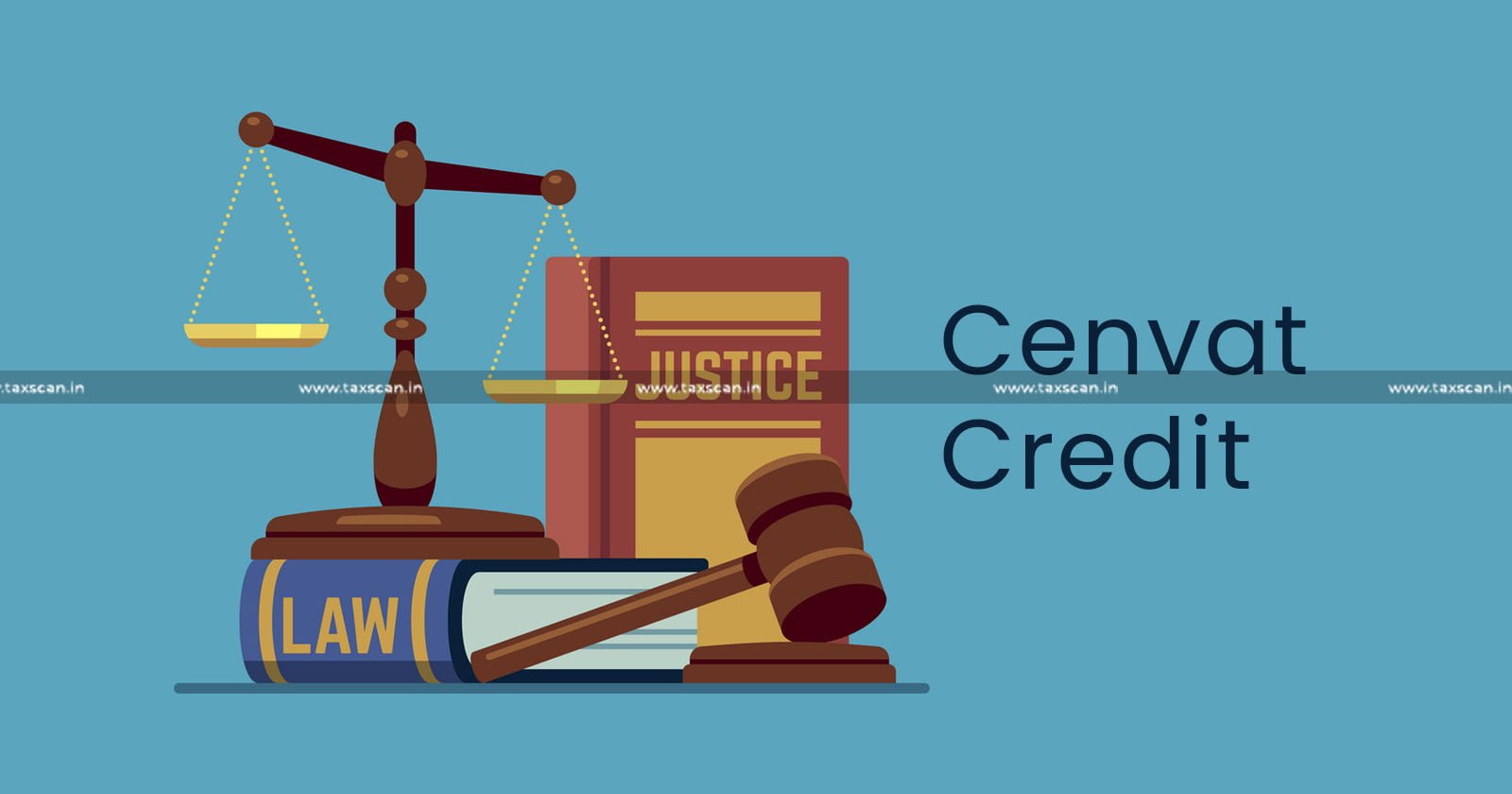Assessee Applied for Common Registration Before availing Cenvat Credit,Revenue cannot invoke Extended Period of Limitation: CESTAT

The Ahmedabad bench of Customs, Excise, and Service Tax Appellate Tribunal (CESTAT) has held that revenue cannot invoke an extended period of limitation when the assessee applied for common registration before availing of cenvat credit.
M/s Eimco Elecon (India) Limited, the appellant challenged the demand of reversal of cenvat credit and imposition of penalty. Before availing of Cenvat Credit in the registers of Unit-II, the Appellant Appliedthe addition of new premises in the existing premises of Unit-1. The Appellant was however granted a new registration (AAACE4645CXM002) in common for C-2 shed and 11-2 shed 21.04.2007 & The Appellant Informed the Assistant 06.06.2007 Commissioner that Capital goods wereshifted to Unit -11 accordingly Cenvat Credit reversed from main Unit-I and availed.
The appellant pointed out that the issue regarding availment of cenvat credit in respect of the same imported goods has been decided by the Tribunal vide Order No. A/10006/2019 dated 02.01.2019.
He further pointed out that the said credit for which demand has been made has already been reversed before the same credit was availed in Unit-I on 31.012.2007 which has been allowed by Tribunal vide Order dated 02.01.2009 (supra). It was argued that all the facts were known to the Revenue and therefore invoking an extended period of limitation is not warranted.
The CESTAT noticed that the credit reversal which has been demanded has already been reversed by the appellant and subsequently availed in Unit-I. It was evident that the essential condition for availing of credit as interpreted by various courts is that the capital goods should be used in or aboutthe manufacture of the final product and even if the same is used outside the factory for the said purpose the credit cannot be denied so long as the said capital goods are not alienated by the appellant.
It was evident that before availing the cenvat credit the appellant had applied for common registration and it is seen that no response was given by the Revenue on the application for common registration made by the appellant. The said application was neither accepted nor rejected.
The two-member Coram comprising Mr Ramesh Nair, Member (Judicial) and Raju, Member (Technical) observed that show cause notice has been issued more than 5 years after the availment of credit and therefore, is clearly beyond the limitation. The Tribunal set aside the impugned order and allowed the appeal.
To Read the full text of the Order CLICK HERE
Support our journalism by subscribing to Taxscan premium. Follow us on Telegram for quick updates
M/s. EIMCO ELECON INDIA LIMITED vs C.C. E. & S.T. � VADODARA-I , 2023 TAXSCAN (CESTAT) 370 , Shri. Mrugesh Pandya , Shri. P.K. Singh

